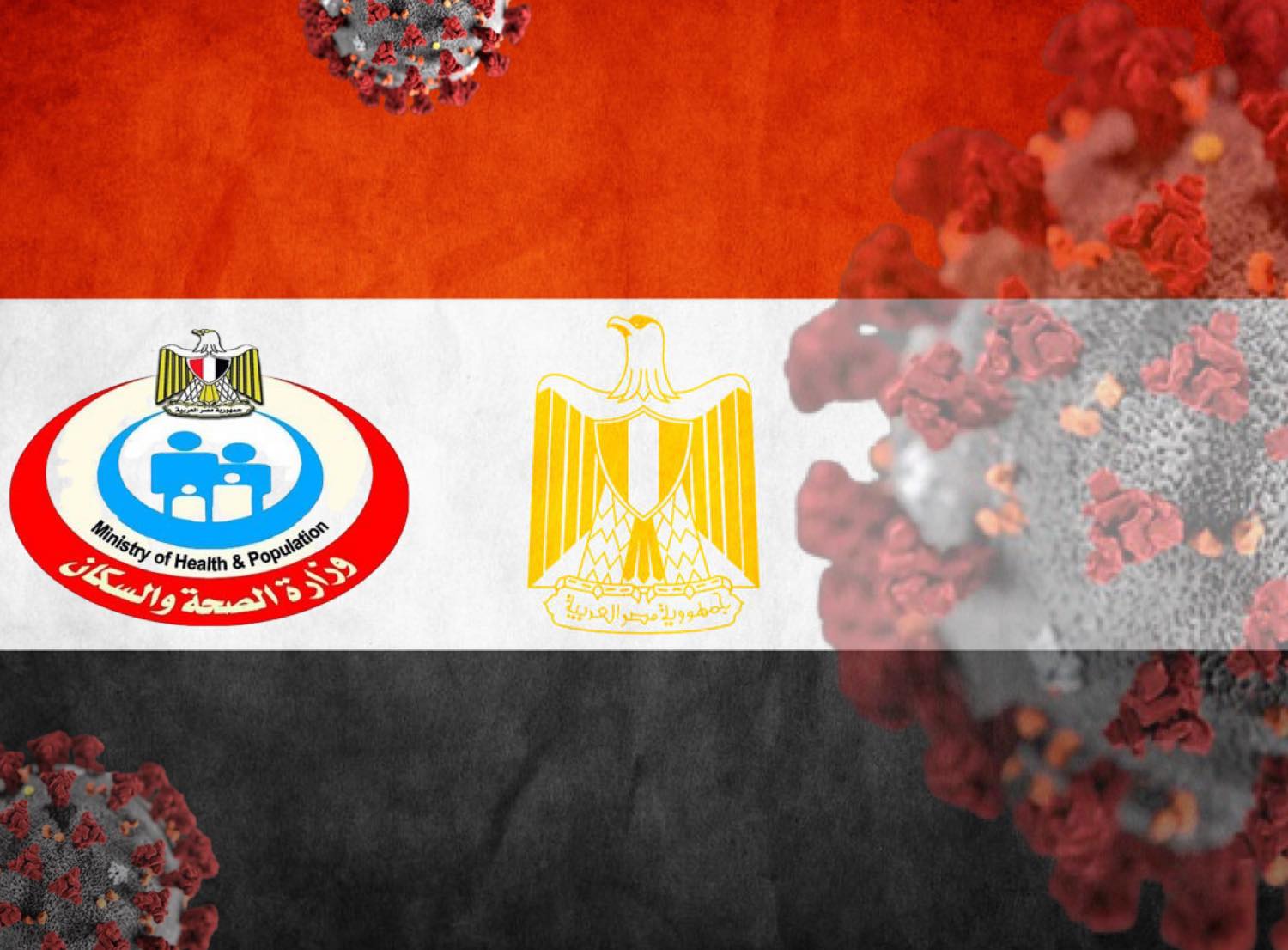‘She had been sick from the start’: A strange justification for Aisha al-Shater’s deterioration
“She has been sick from the start,” Ahmed Mousa, a broadcaster close to the Egyptian regime, said, justifying the deteriorating health of Aisha, the daughter of the Muslim Brotherhood leader Khairat al-Shater and a human rights activist.
Mousa said on the My Responsibility TV show that her condition is normal and her family knows that their daughter has an inherited disease and she is being treated at the expense of the Interior Ministry.
Many see Moussa as a spokesman for the regime, especially since the Interior Ministry often ignores human rights criticism.
Mousa did not explain why the regime did not release Aisha for treatment at her own expense, especially since she has not been convicted of anything.
Aisha’s health has deteriorated dramatically over the past few days, especially as she began a hunger strike to demand her rights.
Azza Tawfiq, Aisha’s mother, denied the authenticity of Moussa’s remarks, explaining that security is preventing the judiciary from allowing Aisha to be treated at the expense of her family, and to allow her visits.
In a lengthy Facebook post Tawfiq said that she did not know what Mousa was talking about when he mentioned a genetic disease suffered by Aisha in prison, adding: “She does not have a genetic disease as he says.”
Human rights organisations said that Aisha has been held in dire conditions in prison since her arrest last year. She could die in prison if she is not treated in hospital for her serious health condition, a human rights group has warned.
Aisha al-Shater, 38, was arrested in November 2018, in a wave of detentions that targeted nearly 40 human rights workers in Cairo.
She was charged with “belonging to an organisation established contrary to the law” and “inciting to harm the national economy.”
Her husband, human rights lawyer Mohamed Abou Horayra, was also arrested in the sweep and faces the same charges.
According to her mother, Aisha is suffering from a “bone marrow failure which has led to severe blood cell shortages in the platelets and erythrocytes in conjunction with bleeding,” one of the symptoms of the illness.
Aisha’s health condition is very dangerous as it “portends an inevitable premature death if Aisha does not receive proper treatment as soon as possible,” her mother said.
Aisha’s health has also been complicated following a hunger strike she started in September.
On 18 September, she began a hunger strike and has only drunk water as she demands better prison conditions, including ending her solitary confinement and a ban on visits from her two children whom she has not seen since her arrest.
Aisha received medication to activate bone marrow maternal cells as well as some supportive treatment such as blood and platelet transfusion. There is now no confirmation on whether she has received vital antibiotics and medicine.
“The Egyptian authorities should immediately transfer Aisha Khairat al-Shater to the Nasser Institute for Research and Treatment and provide due health care appropriate for her condition to end her severe health suffering,” the groups said in a statement.
Aisha is one of at least 60,000 political prisoners detained since al-Sisi came to power in 2014 after leading a coup against his predecessor Mohamed Morsi, a senior member of the Muslim Brotherhood.
Al-Sisi has overseen a crackdown on Muslim Brotherhood supporters, secular politicians and public figures who initially supported his coup but then criticised his rule.
The ill-treatment of Aisha al-Shater amounts to torture
Amnesty International said that “the Egyptian authorities must immediately ensure that Aisha is transferred to a hospital with the necessary facilities to provide her with adequate medical care. They should also end her solitary confinement and allow her to receive regular family visits.”
“The inhumane conditions to which the Egyptian authorities are subjecting Aisha put her life at serious risk. We are deeply concerned about her deteriorating health and the alarming and abusive conditions in which she is being held,” said Najia Bounaim, North Africa Campaigns Director at Amnesty.
Since her arrest, a prosecutor and later a judge have been renewing her detention in almost automatic hearings.

Before Aisha’s arrest, she spoke out about the victims of human rights violations including enforced disappearance, torture and ill-treatment in places of detention. Her detention likely stems from these activities and is therefore arbitrary.
Aisha was moved to al-Qanater women’s prison following a decision to transfer her in late January 2019, where the authorities have subjected her to prolonged solitary confinement in a tiny cell with bad ventilation.
She is held in the cell for more than 23 hours a day without a bathroom only a bucket and is only allowed to leave twice a day – for less than 30 minutes – to use the bathroom.
Since her detention, authorities have denied Aisha family visits, and communication with her family and lawyer in prison. This treatment amounts to torture according to international law.





Recent Comments